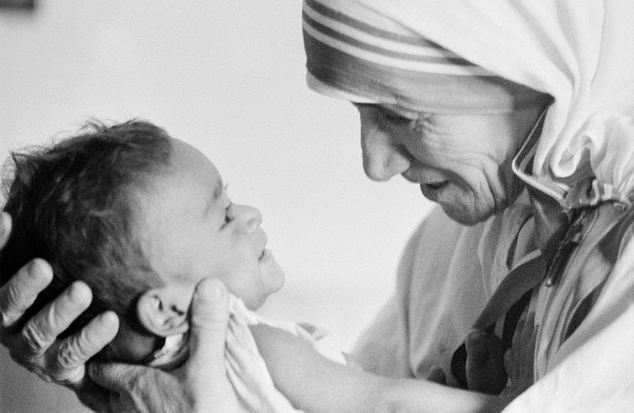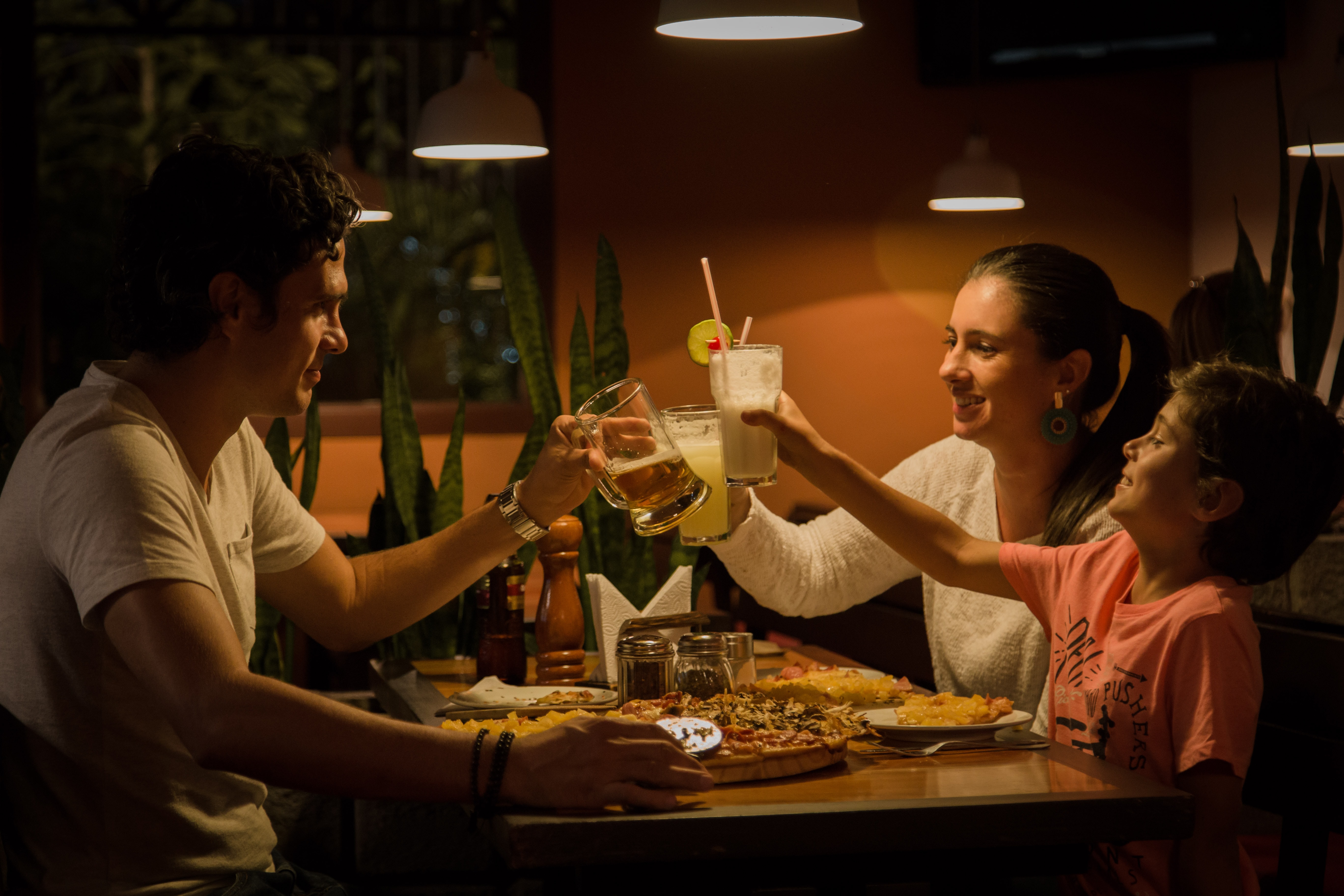I could tell my daughter had a difficult day. It was written all over her face. She shared what was troubling her at the supper table. A friend was being nasty and using unkind words. My daughter has a sensitive heart, so she took it all in and felt the pain. Her siblings empathized with her and offered words of comfort and advice.
Later that night, I revisited the situation with her. I tried to coach her on how to handle that situation if it ever happened again. She thanked me for supporting her and for what I said but offered her own wisdom. “I think if I remain patient with her, forgive her and pray for her, that might be the best thing I can do. I think I should stay kind and love her even when she isn’t being very loveable. This might open her heart to God who loves us even when we mess up. I know she is going through a hard time at home right now and I hope to show her that God can help her get through it.”
I gave her a hug and said, “I love your big heart.”
Saint John Paul II wrote, “The evangelical witness which the world finds most appealing is that of genuine concern for people.”
[bctt tweet=”Saint John Paul II wrote, “The evangelical witness which the world finds most appealing is that of genuine concern for people.”” username=”BrettPowellorg”]
Authentic evangelizers are motivated by an altruistic concern for the well-being of others and that takes proximity. Read again the words of Pope Francis from Evangelii Gaudium (EG):
“The thing the church needs most today is the ability to heal wounds and to warm the hearts of the faithful; it needs nearness, proximity. I see the church as a field hospital after battle. It is useless to ask a seriously injured person if he has high cholesterol and about the level of his blood sugars! You have to heal his wounds. Then we can talk about everything else. Heal the wounds, heal the wounds!”

I believe Pope Francis’ call to heal the wounds is a special invitation to Christian families. The missionary dimension of the family has never been so important.
Everyone is carrying baggage and pain. In fact, you will never lock eyes with another human being that is not crippled by one wound or another. It is sad but true, that many of the deepest, emotional wounds are inflicted in the context of our family of origin. Father wounds, mother wounds, sibling wounds. Wounds from an acute arrow feels like shrapnel to the heart. Wounds from the absence of love and affection can cause anxiety, shame and self-doubt.
If families have been a primary source of pain, Christian families can be a primary source of healing.
[bctt tweet=”With so many wounded in the context of unhealthy family dynamics, Pope Francis’ call to heal the wounds, surely involves healing hearts in the context of a healthy, Christ-centered family.” username=”BrettPowellorg”]
Pope Francis has been inviting the Church to learn the art of accompaniment, a certain bedside manner by which we journey with souls. The ultimate destination of all accompaniment is to help them find the fullness of life in relationship with Jesus Christ.
In the initial stages, accompaniment means a “steady and reassuring presence, reflecting our closeness,” and as having a “compassionate gaze” (EG, 169) on the other. Like my daughter had for her friend.
Thankfully, this doesn’t have to be complicated or expensive. It will mean making room in your family life for the lives of others.
Some ideas:
- Once a month intentionally think of who can join your family for a Sunday meal. Healing often begins around the supper table.
- Rather than going for a family-only-hike, invite some of your teenagers’ friends to join you. Your younger kids can be apostles of love when they take interest in their new friends, chatting along the path. I’m shocked at how few teenagers know how to relate to small children these days. The genuine curiosity and interest younger kids show to teenagers often softens their hearts to more family contact.
- Family milestones (graduations, school plays, sports competitions) and birthday celebrations are another incredible opportunities to extend grace into the hearts of others who have perhaps never seen what it’s like to celebrate as a family. Including them in these significant events communicates that they are significant to you and that builds strong bonds.
Perhaps the most important element needed for accompaniment in the family context is listening. “Listening, in communication, is an openness of heart which makes possible that closeness without which genuine spiritual encounter cannot occur” (EG, 171). Communication is a dialogue of mutual sharing, not listening without speaking or preaching. Careful and caring listening allows one to speak personally to the deepest desires, fears, and questions in the heart of the other. Without such listening, one risks trying to answer questions that no one is asking.

Jesus was constantly making room for people’s lives in His life. When our families do the same, we are extending Christ’s hands and feet and voice into our current situation.
[bctt tweet=”Jesus was constantly making room for people’s lives in His life. When our families do the same, we are extending Christ’s hands and feet and voice.” username=”BrettPowellorg”]
As you go about your normal family life, consider the simplicity of family evangelization and the art of accompaniment by remembering two words: make room. Make room for people’s hearts, make room for their stories, their lives, their struggles and fears. Make room in your schedule, make room on your couch, make room at your table. Make room in your heart and embrace the call to be a missionary family.
[bctt tweet=”There is a simplicity of family evangelization, in two words – make room. Make room for people’s hearts, their stories, their lives, their struggles & fears. Make room in your schedule, your couch, your table, your celebrations. ” username=”BrettPowellorg”]
[bctt tweet=”The missionary dimension of the family has never been so important as it is now. ” username=”BrettPowellorg”]


